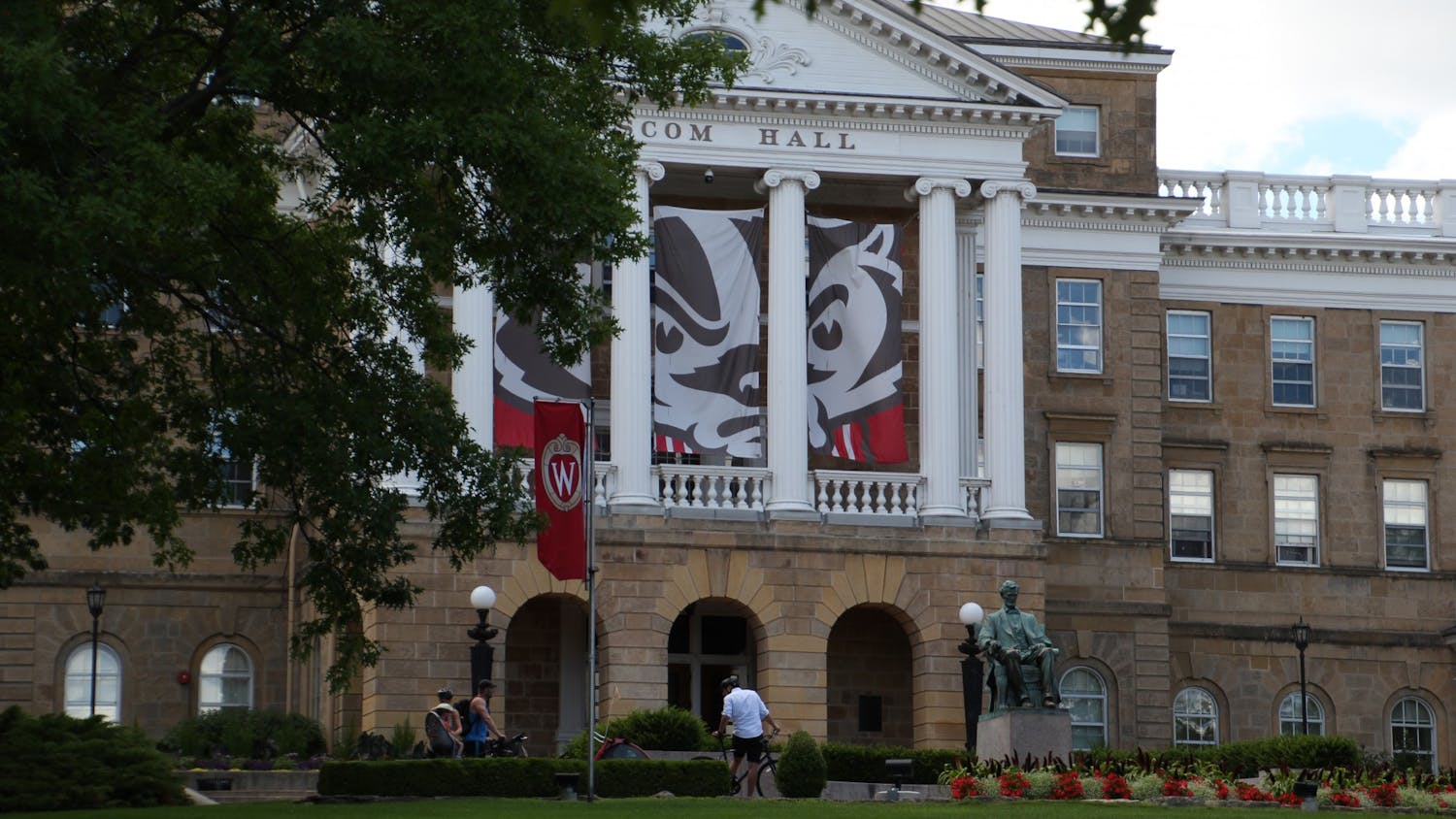People don’t like thieves. It’s no surprise, then, that Chinese-American relations have soured a bit following the recent revelation that China’s military, the People’s Liberation Army, regularly hacks American businesses. This economic espionage—which has been documented by the computer security company Mandiant and confirmed by American intelligence agencies—has the potential to exact a significant toll on the American economy.
Which companies have been hacked? Google, Coca-Cola, General Motors and DuPont just to name a few. Oh, and Lockheed Martin, the nation’s largest defense contractor. Countless others have anonymously reported being hacked to avoid bad press. I can’t blame them. If, say, my bank reported being hacked, I might reconsider using them, as they hold my money and other important personal information.
Attorney General Eric Holder recently said, “there are only two categories of companies affected by trade-secret theft: those that know they’ve been compromised and those that don’t know it yet.”
But the Chinese military’s hacking isn’t simply targeted at stealing American technology or other inventions that America’s largest corporations have patented. The New York Times, The Wall Street Journal and the Washington Post have also all been hacked. The Chinese government has hacked the email accounts of the newspapers’ correspondents reporting in China. After all, it’s always good to know when Western journalists are writing articles that could reveal too much about Chinese leadership, right? Like in 2012, when The New York Times revealed then-Chinese Prime Minister Wen Jiabao’s family amassed $2.7 billion in wealth, largely as a result of Mr. Jiabao’s political power.
But hacking U.S. companies has other benefits, too. For instance, when Coca-Cola was negotiating to buy a Chinese company, in what would have been the largest ever foreign acquisition of any Chinese company, the Chinese military simply hacked Coke to learn more about its negotiating strategy. Indeed, it probably helps to know what the company looking to buy your company is thinking.
It’s clear that there are economic incentives to steal American trade secrets. But why is it that it’s the Chinese military that’s doing the hacking? Chiefly because China’s political leaders derive their legitimacy through robust, sustained economic growth. Many Chinese citizens may be relatively happy when their economy is steaming along at growth rates in the double digits, but when growth rates fall lower, the Chinese people are less likely to accept the fact that they have no say in selecting their nation’s leaders. To avoid such questioning, Chinese leaders tightly control the country’s economy. 80 percent of the companies on China’s stock market are government owned. And according to “The Economist” magazine’s reporting, the country’s leadership routinely swaps CEOs at top Chinese companies in hopes of maintaining growth. Another way to maintain growth, of course, is to steal somebody’s—in this case American companies’—patented idea to achieve more economic growth.
Surely hacking American corporations is purely beneficial to China, right? Maybe. Besides the threat of economic sanctions as Americans grow increasingly impatient with theft, a general disregard for the protection of intellectual property may have more pernicious effects within China itself. When you don’t stand to profit from creating the next great invention or the next great theory, you’re less inclined to work to create that invention or theory. Maybe that’s one of the reasons why Chinese citizens who were living in China at the time of the award have only won two Nobel Prizes in the 111 years the award has been given out, despite the fact that China has more than one billion citizens. Nobel Prizes are awarded to recipients who have made groundbreaking discoveries or achievements in chemistry, physics, medicine, literature and peace. The two Chinese winners won for literature and peace. It stands to reason to me that if Chinese leaders showed greater respect for the protection of intellectual property, more Chinese citizens could be encouraged to create the next great theory or invention.
Recently, President Barack Obama signed an executive order that establishes voluntary cyber security standards for companies that manage infrastructure such as the nation’s electric grid. Here’s to hoping they move to adopt those standards.
Please send all feedback to opinion@dailycardinal.com.




